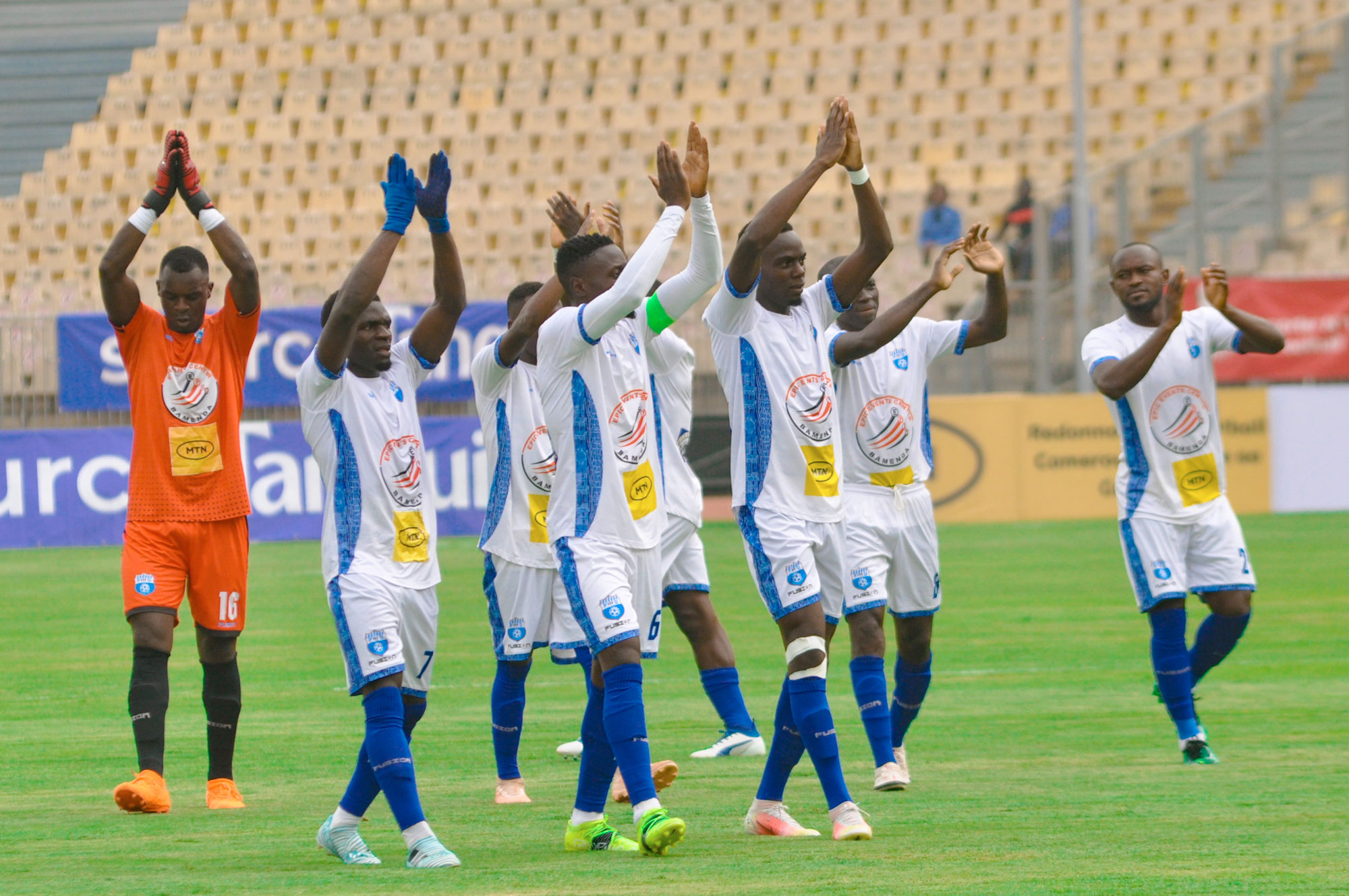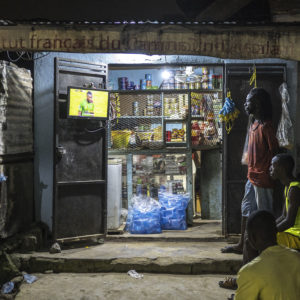PWD Bamenda continues to show their resilience
After many frustrated and costly attempts to reach the final in Yaoundé, the Cameroon football club finally tasted sweet success when they clinched the most coveted of the country’s domestic titles…
Author:
31 March 2022

PWD Bamenda celebrated their 60th anniversary in style by winning the protracted Cameroon Cup, whose final on 13 March had been delayed by three months. Glory at the end of political wrangling and uncertainty was not new to Bamenda. They come from a conflict-ridden part of Cameroon and won their first-ever top-league title as Elite One champions in 2020 as both the Anglophone crisis and the Covid-19 pandemic were raging.
Hundreds of Bamenda fans flooded the 40 000-seat Ahmadou Ahidjo Stadium in Yaoundé for the final against Les Astres of Douala, whom they beat 1-0. This was their third attempt to win Cameroon’s major domestic cup competition, which guarantees the winners a place in the CAF Confederation Cup. Having lost to Canon Yaoundé in a frustrating 1-0 defeat in 1967 and then being thumped by Dynamo Douala in the 1979 final, this time Bamenda were calm and composed.
Abakwa Boys claimed the historic win through Herbert Chem, 19, who stepped forward when the team won a set piece and rifled the ball into the top of the net from the edge of the box.
“You can’t imagine what this means for a PWD fan like me!” said Valentine Agwu, 43, who had undertaken a 371km journey from the Northwest region to watch the final in Yaoundé. He added that “P-ton ton”, another fond way of referring to the team, “always thrive in difficult conditions”.
Related article:
Bamenda earned the P-ton ton moniker – a pidgin slang term for being able to turn things around – because of the team’s reputation for resilience. Whenever they are faced with adversity, they find a way to triumph. “We have been camping for this final for eight months,” said Chem. “We have been to Yaoundé on several occasions preparing for this final.”
Abakwa Boys thrashed six-time winners Union Sportive de Douala 3-1 in July in the semifinals. But they had to wait months for the final owing to instability in the Cameroonian Football Federation (Fecafoot) as well as the country’s preparations to host the 2021 Africa Cup of Nations. Usually, the Cameroon Cup is played in December and closes the sports season.
The instability in Fecafoot saw Samuel Eto’o elected president on 11 December against incumbent Seidou Mbombo Njoya after a long electoral process that started in July. Then the Afcon preparation dominated the country’s focus.
Kouamo Arnold, a sports journalist in the Northwest region who is close to the team, remembers the many trips Bamenda made to Yaoundé for the final, only for it to be postponed. “I travelled with the team three times in their five attempts to play the final. I could see frustration in the eyes of the management because it was not easy to transport the delegation,” he said.
Sweet victory
Finally winning the trophy on the sixth attempt pleased the fans, including Anglophone elites who turned out at the stadium. Importantly, it also healed the wounds of 1979 for someone like Joseph Agwa, who was in his late twenties when he lost the trophy as a goalkeeper.
“I could not come out of the house for one week after Dynamo beat us,” he said. “It was really disappointing to lose because we were so confident.” But at last Agwa, now 70, got to put his hand on the trophy. “I am very happy because my children have finally brought it home.”
The trophy was paraded in Bamenda, the Northwest region’s capital, which is always on high alert because of the protracted Anglophone crisis.
Emmanuel Batoko, former executive president of Bamenda who joined the club shortly after the 1979 cup failure, knows well the power that the Abakwa Boys have in the Northwest region. “Whenever PWD won a game, the whole of Bamenda and the rest of the Northwest celebrated. The club is in the hearts of many fans and they will always strive to do their best to lift the team,” he said.

The support the club receives from the region was evident when 114 people came together to buy the club a new bus after their old one caught fire in March last year en route to Yaoundé for a league game. The handover ceremony took place two days before the final.
While this success brought joy to the region, it also amplified the calls for it to have its own stadium. The Northwest is one of the unfortunate five in Cameroon’s 10 regions not to have a standard football pitch. This is despite the country having about 30 football stadiums and training centres. The region has two teams in the Elite One and another two in division two.
“Where PWD trains is a dusty field that doesn’t even have standard football goal poles,” Arnold said.
Related article:
“They can’t even train there in the morning because it is owned by a school, so they always train in the evening. Things have been so since 2016 when Fecafoot started renovating the Bamenda Municipal Stadium.”
Reconstruction of the latter started in March 2016 but was halted a few months later because Fecafoot, under then-president Tombi à Roko Sidiki, couldn’t pay construction company Prime Potomac. The company took Fecafoot to court and there were still no signs of the work resuming when Njoya took power in 2018.
Completing the stadium, which can seat 2 600 fans, is part of Eto’o’s plans to build Fecafoot-owned stadiums in areas that need them in Cameroon. But for now Bamenda, alongside top-tier side Yong Sports Academy and division two clubs Bafut Rangers and Foncha Street, will continue to train on dusty and sometimes muddy grounds. Despite this and all the other hardships they have faced, Bamenda manage to rise above their challenges to succeed.


